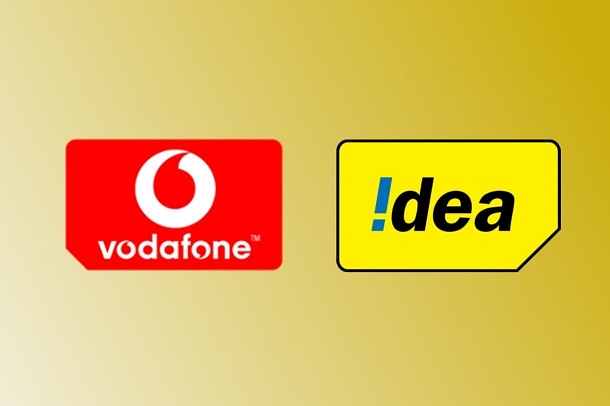Business
Vodafone-Idea Deal Is A Pre-Nup, A Marriage Contract With A Built-In Divorce Option
- This is not a merger. Not even a marriage of convenience. It is a partnership intended to avoid inconvenience and ignominy.
- It may not last.

Idea and Vodafone
The Vodafone-Idea Cellular “merger of equals”, which will create a listed corporate entity with 400 million customers and a 41 per cent national revenue market share, has more the looks of a “pre-nup” arrangement than a real marriage. Pre-nups are drawn up by smart lawyers while marriages are unions of the heart sanctioned by the gods – or people officiating in their places.
Pre-nups are designed with the possibility of break-up and divorce; marriages are more fuzzy arrangements, and are entered into with the idea that they will last.
Every known element in the Vodafone-Idea “merger” allows for the possibility of a break-up. For example, neither brand, Vodafone or Idea, will be phased out. Both partners, the Birlas and Vodafone (UK), are aiming for an equal stake. The Birlas get 26 per cent for starters after paying Vodafone Rs 3,874 crore for an additional 4.9 per cent stake. This means the Birlas want blocking shareholding power over Vodafone from day one, even though their share is much lower. Just in case this is not clear enough, Vodafone will not be allowed to exercise its additional voting power without Birla consent (45.1 per cent after the 4.9 per cent stake sale to the Birlas). And the Birlas have a right to raise their stakes to 35.5 per cent – that is, they can buy an additional 9.5 per cent from Vodafone at Rs 130 a share, to finally make their shares equal.
In short, this is less a merger than a joint venture, and the history of joint ventures in India shows that the partners ultimately go their separate ways. Hero broke from Honda, TVS from Suzuki, M&M from Renault-Nissan, Godrej from P&G and so on. A true merger should ultimately evolve into one entity, with one partner making a “sale” and the other acquiring it, even if the sale is only done through a paper swap of shares. This is explicitly not happening with the Vodafone-Idea “merger”. To make things crystal clear, there is even a provision for a “break fee” of Rs 3,300 crore which, The Economic Times says, was not elaborated on by either partner. One can only surmise that if either partner wants to change his stance to “I don’t” from “I do” at any stage, or if regulatory hurdles come in the way, the partner saying “I don’t” may have to pay the other. This “break fee” will be needed for the weaker partner in case he wants to rebuild his business as a standalone once more.
Clearly, the Vodafone-Idea deal is a medium-term “storm shelter” under which two investment-challenged partners are banding together to wait till the hard times pass. The immediate storm is, of course, the entry of an 800-pound gorilla with a huge investment capability funded by profits generated in the oil exploration and refining business – Reliance’s Jio. With voice revenues vanishing in the Jio-initiated price war, and with data tariffs set to remain low and unremunerative till the volumes build up and the industry consolidates, both Vodafone and Idea need to tie up to reduce their joint investment requirements.
When the industry settles to a more benign existence, or when the regulatory regime is more supportive of consolidation and flexible spectrum-sharing arrangements, presumably both Vodafone and Idea may prefer to part company.
This is not a merger. Not even a marriage of convenience. It is a partnership intended to avoid inconvenience and ignominy. It may not last.
Support Swarajya's 50 Ground Reports Project & Sponsor A Story
Every general election Swarajya does a 50 ground reports project.
Aimed only at serious readers and those who appreciate the nuances of political undercurrents, the project provides a sense of India's electoral landscape. As you know, these reports are produced after considerable investment of travel, time and effort on the ground.
This time too we've kicked off the project in style and have covered over 30 constituencies already. If you're someone who appreciates such work and have enjoyed our coverage please consider sponsoring a ground report for just Rs 2999 to Rs 19,999 - it goes a long way in helping us produce more quality reportage.
You can also back this project by becoming a subscriber for as little as Rs 999 - so do click on this links and choose a plan that suits you and back us.
Click below to contribute.
Latest